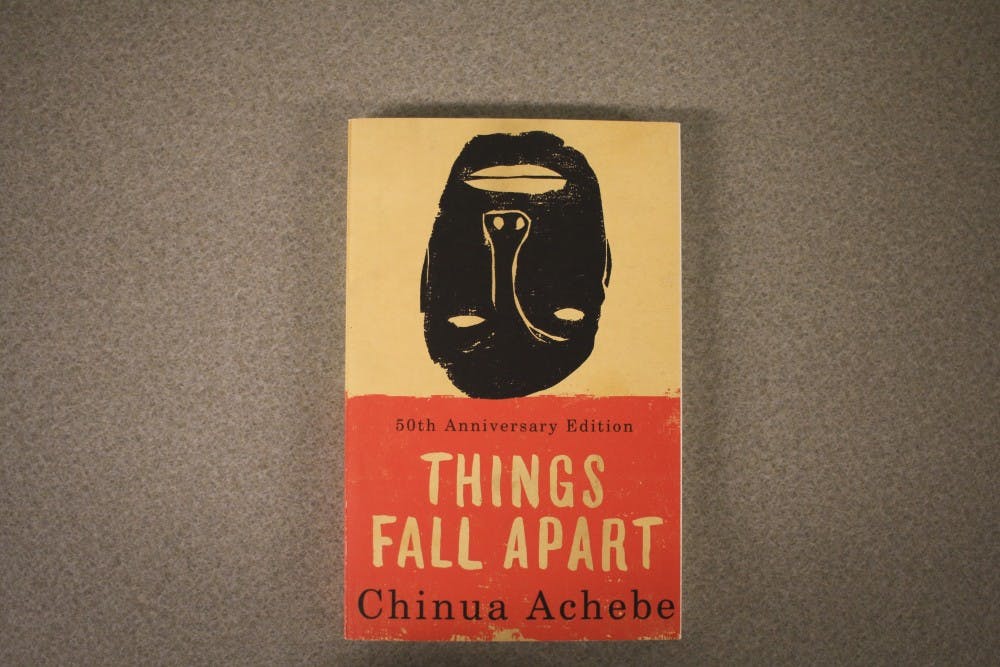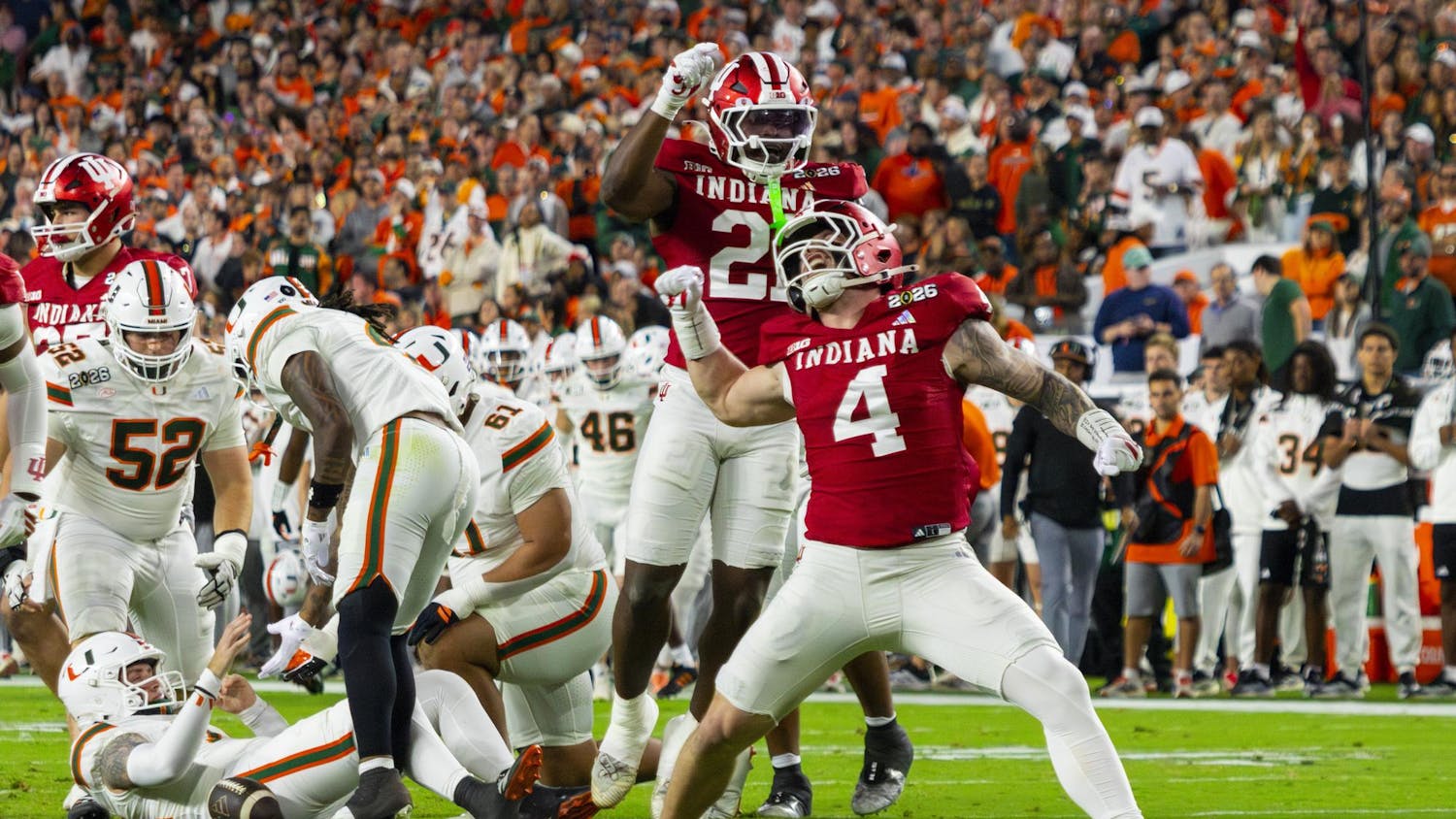Reign in the colonial holiday spirit with “Things Fall Apart” by Chinua Achebe, the story of European colonization from an African perspective. Hailed as one of the most important African novels in English, the story follows Okonkwo, leader of the Nigerian Igbo clan, dealing with his own pride, status and power in the face of the Christian missionaries.
The novel’s strength lies in its exploration of the social relations across clans and continents. The first act explores Okonkwo’s relationships within the Igbo society after he takes in a boy from the Mbaino clan, Ikemefuna, as part of a peace settlement. He comes to admire the boy as hard working, resourceful and strong.
“Even Okonkwo himself became very fond of the boy — inwardly of course. Okonkwo never showed any emotion openly, unless it was the emotion of anger. To show affection was a sign of weakness; the only thing worth demonstrating was strength,” he wrote.
If ever there was a novel showcasing the gruesome and emotionally horrendous havoc that masculinity forces on the self and those surrounding it, it’s “Things Fall Apart.” Okonkwo lives in a culture rooted in gender norms — he is a powerful wrestler, warrior and, as a result, the Igbo’s clan leader. He has three wives whom he beats whenever they disobey his wishes and a lazy father he despises. The father, who appreciates music and hates blood and violence, serves as Okonkwo’s foil and catalyst toward self-realization.
Okonkwo’s masculinity and half-admitted love for Ikemefuna comes into trial when the oracle of his village, Umuofia, declares that the boy must be killed. Okonkwo’s allegiance to his tribe’s traditions, Ikemefuna and himself are challenged in compelling ways.
His cruel acts towards his family and others are also displayed with cold neutrality. The entire novel is written objectively, as if all events are simply matter-of-fact. Beatings, cruelty and stoicism toward loved ones are stated as though they were mundane occurrences, with cold, hard periods marking the end of the narrator’s insistence on speaking of them.
This neutral voice is one of the novel’s defining features. Whether talking about Okonkwo’s horrible acts or those of the Christian colonizers, Achebe never sinks into moralism or overtly favoring one side over the other.
The latter half of the novel deals with the conflicts between the village and Christian settlers. From there on out, the tension is a slow burn towards a seemingly inevitable religious conflict — Christianity against the tribe’s traditional religion. Achebe highlights the subtle methods the church works to convert clanspeople — stepping into their lives and traditions, slowly, one person at a time, introducing laws and government only when they have the power to do so.
To view Okonkwo through a Western lens, he is a tragic anti-hero whose strength and adherence to tradition become his downfall, as he finds himself standing alone among Christians who were once his clansmen.
His actions aren’t always humane, but he is utterly human, and his struggle to preserve Igbo culture in the wake of colonization is the showcase of the lone man trying to stop the erasure of culture and societies caused by European interest.
In the wake of Thanksgiving and the consumerist orgy of Black Friday, take a moment to consider how colonialism got us here, and what stories we've erased for it.




